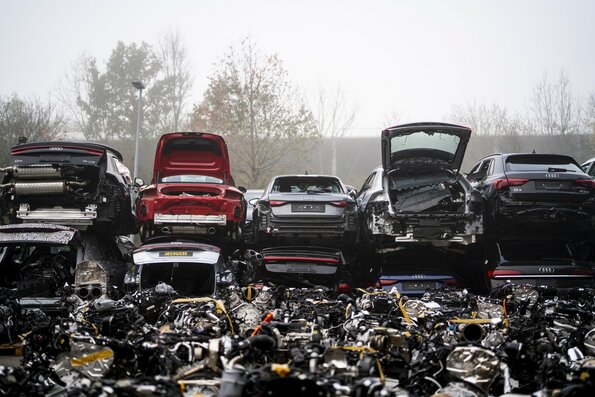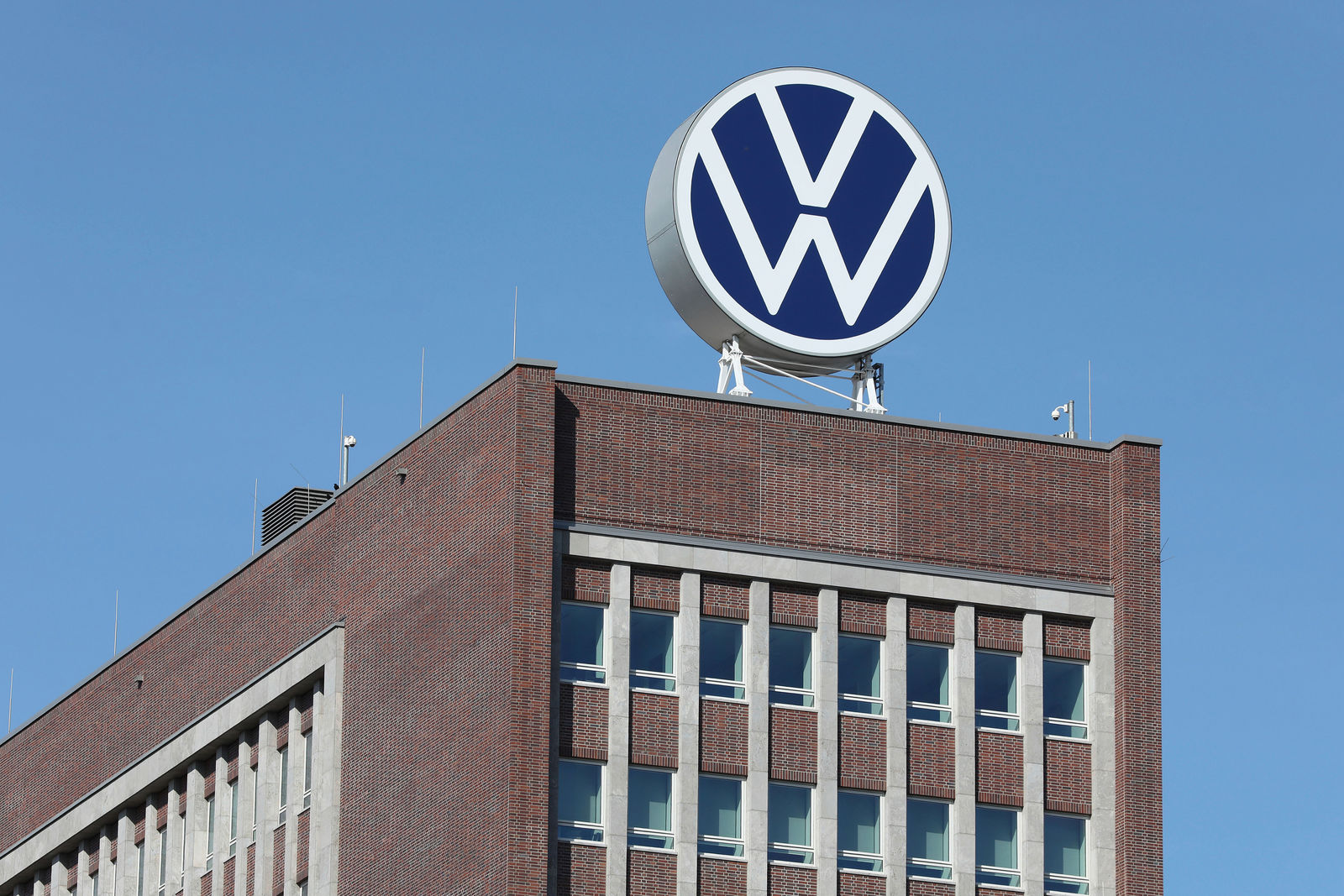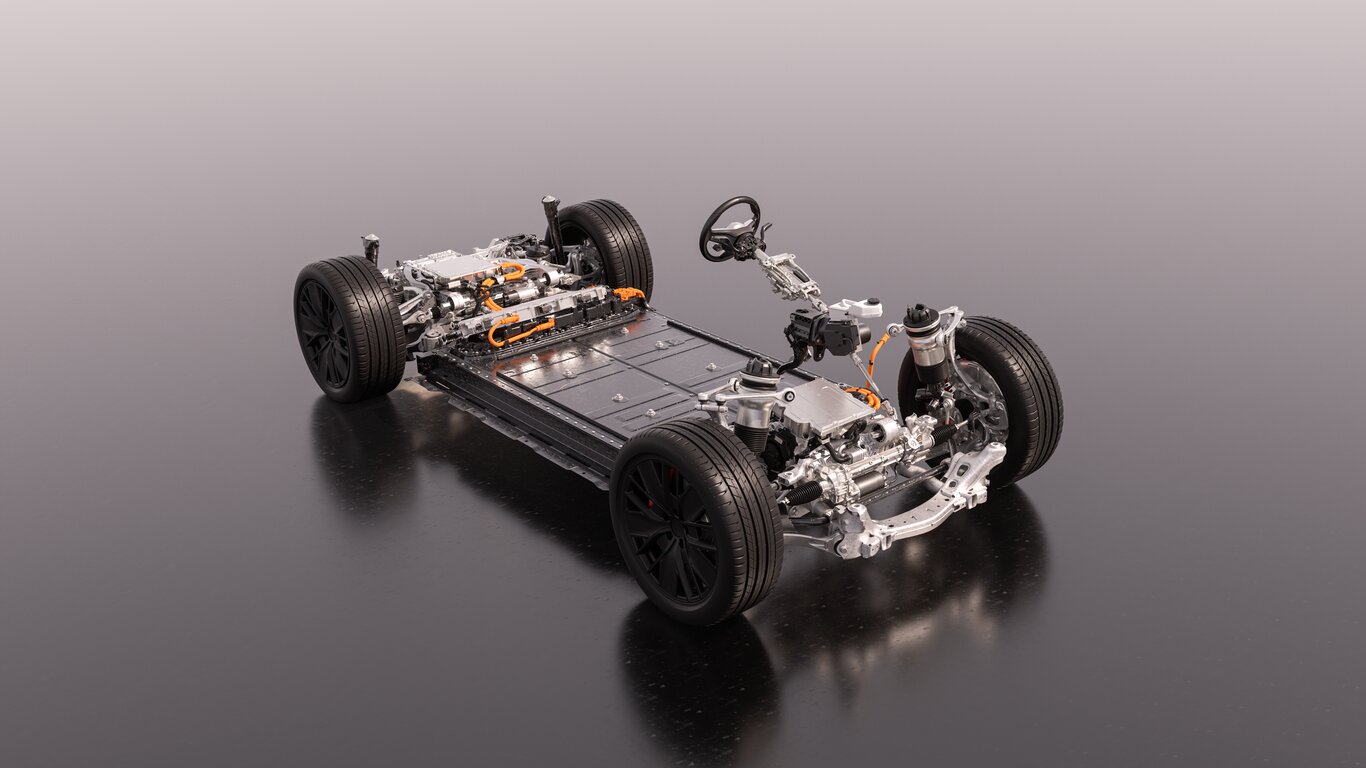In a groundbreaking move, Audi has teamed up with 15 research, recycling, and supplier partners to launch “MaterialLoop,” a joint project that explores the concept of circular economy in the auto industry. The initiative aims to recycle materials such as steel, aluminum, plastic, and glass from old cars to produce new vehicles, thereby reducing waste and emissions.
The project’s core objective is to “close the loop” on materials by reusing them for production, thereby lowering the environmental footprint of vehicles. Gas-powered cars, in particular, emit an average of 4.6 metric tons of carbon dioxide annually, according to EPA data. However, even before these vehicles hit the road, they contribute to environmental pollution.
See also: Audi considers building US electric vehicle plant to take advantage of incentives
Producing aluminum, steel, plastics, and glass can also generate significant carbon emissions over time. The IEA has estimated that crude steel production results in direct CO2 emissions of around 1.39 tons of CO2 per ton of steel produced. Although the direct CO2 intensity has decreased slightly in recent years, the IEA asserts that “substantial cuts” are still required to achieve the Net Zero Scenario for zero emissions by 2050.
The concept of a circular economy in the auto industry involves recycling old car parts to make new vehicles. This notion has gained traction among automakers, environmentalists, and policymakers, given the pressing need to reduce the environmental impact of gas-powered vehicles.
Through the MaterialLoop project, Audi aims to reduce waste and emissions by recycling and reusing materials from old cars. The project entails dismantling old vehicles and sorting the materials into groups, such as steel, aluminum, plastic, and glass. Audi’s research, recycling, and supplier partners then test the reuse of each material after recycling.
See also: 2021 Audi Grandsphere Concept Previews All-Electric A8 E-Tron Set to Debut in 2024
According to Automobilwoche, the project’s findings indicate that over 85% of the steel and more than 60% of the aluminum from Audi’s end-of-life vehicles can be reused and recycled for future cars. Moreover, Audi is already using recycled steel to build inner door parts for approximately 15,000 vehicles at its Ingolstadt press plant in Germany.
In a separate pilot project, Audi has been gathering knowledge on using recycled automotive glass since last spring. Car windows that are beyond repair are smashed into small pieces and melted down, and the glass is reused in production for the Q4 e-tron electric SUV. This move has helped the automaker reduce waste and emissions significantly.
In a remarkable milestone, Audi has developed a process that uses chemical recycling to reuse plastic waste for the series production of the Audi Q8 e-tron. This marks the first time that Audi has established such a process, and it could pave the way for more environmentally-friendly practices in the auto industry.







